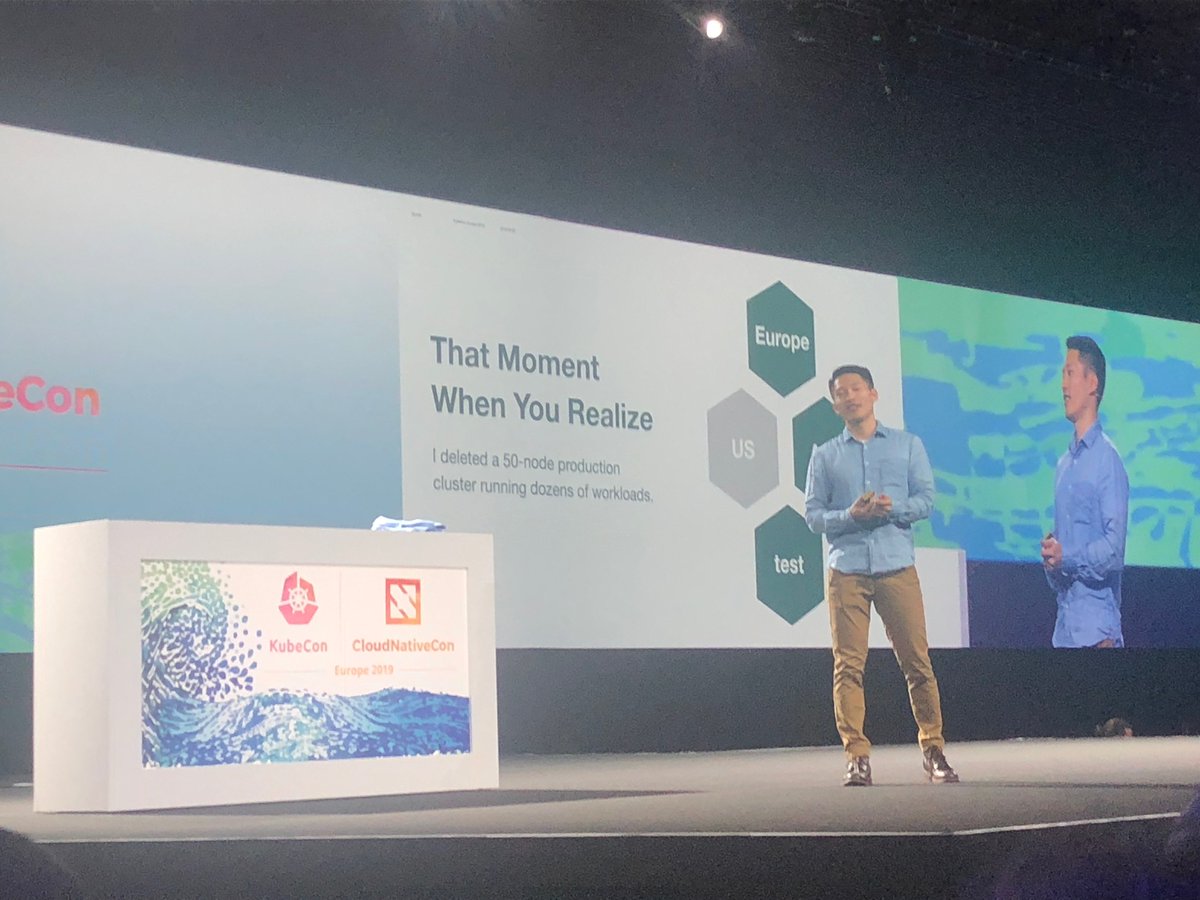 INFRA
INFRA
 INFRA
INFRA
 INFRA
INFRA
Imagine it’s 2015, and the Cloud Native Computing Foundation just sprang into being. Had you contributed a project then, you’d probably now have mixed feelings about how Kubernetes — a platform for orchestrating containerized software applications — hogs the community’s attention. When will CNCF make room on the couch for all the other cloud-native projects?
Kubernetes storage, networking, service mesh, security and the like: Do we really have time to bother with all these extras? We do if we want to get Kubernetes right once and for all, according to John Troyer, chief reckoner at TechReckoning and guest host of theCUBE, SiliconANGLE Media’s mobile livestreaming studio.
“All these things are really necessary,” he said. “It’s not all just magic containers moving around. You’ve got to actually get the bits and bytes into the right place at the right time, and backed up.”
Troyer was joined by Stu Miniman, co-host of theCUBE, during the KubeCon + CloudNativeCon event in San Diego. They discussed Kubernetes’ journey to maturity and what it means for developers, companies and the future of CNCF (see the full interview with transcript here).
The CNCF community’s contributions are slowly but surely getting the plumbing done — and lighting the roof on fire. Many ancillary Kubernetes projects now have more than a million downloads a month. The objective is ultimately to forge ahead into new, Kubernetes-enabled terrain.
“How do they add value on top of it? One of the terms I’ve heard mentioned a lot is … ‘day two,'” Miniman said. Founding CNCF member Mesosphere Inc. even changed its name to D2iQ to reflect this evolution.
The community’s hard work will ultimately simplify Kubernetes and democratize it for wider use. “There’s probably a million engineers worldwide that are going to have to know the guts of Kubernetes,” Troyer said. “There’s going to be a hundred million engineers that don’t need to know anything about Kubernetes.”
The CNCF ought to hope for a renaissance in cloud-native projects and contributions beyond Kubernetes, according to Miniman. “I think for this group to grow, it needs to be focused more on the CloudNativeCon: How do we do cloud native? What does that mean?” he said.
Here’s the complete analysis, part of SiliconANGLE’s and theCUBE’s coverage of KubeCon + CloudNativeCon:
Support our mission to keep content open and free by engaging with theCUBE community. Join theCUBE’s Alumni Trust Network, where technology leaders connect, share intelligence and create opportunities.
Founded by tech visionaries John Furrier and Dave Vellante, SiliconANGLE Media has built a dynamic ecosystem of industry-leading digital media brands that reach 15+ million elite tech professionals. Our new proprietary theCUBE AI Video Cloud is breaking ground in audience interaction, leveraging theCUBEai.com neural network to help technology companies make data-driven decisions and stay at the forefront of industry conversations.